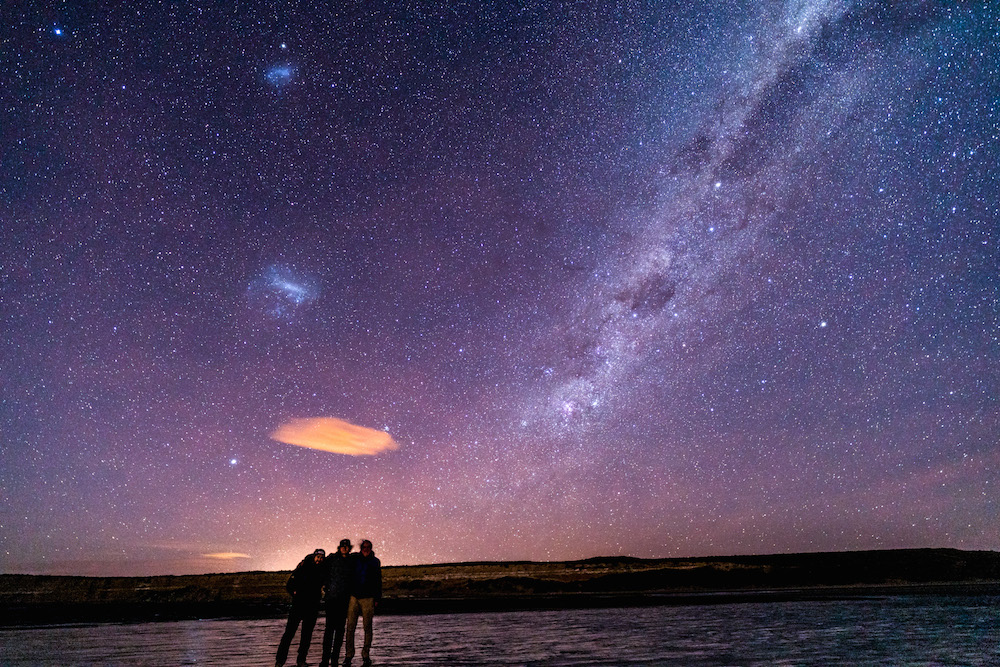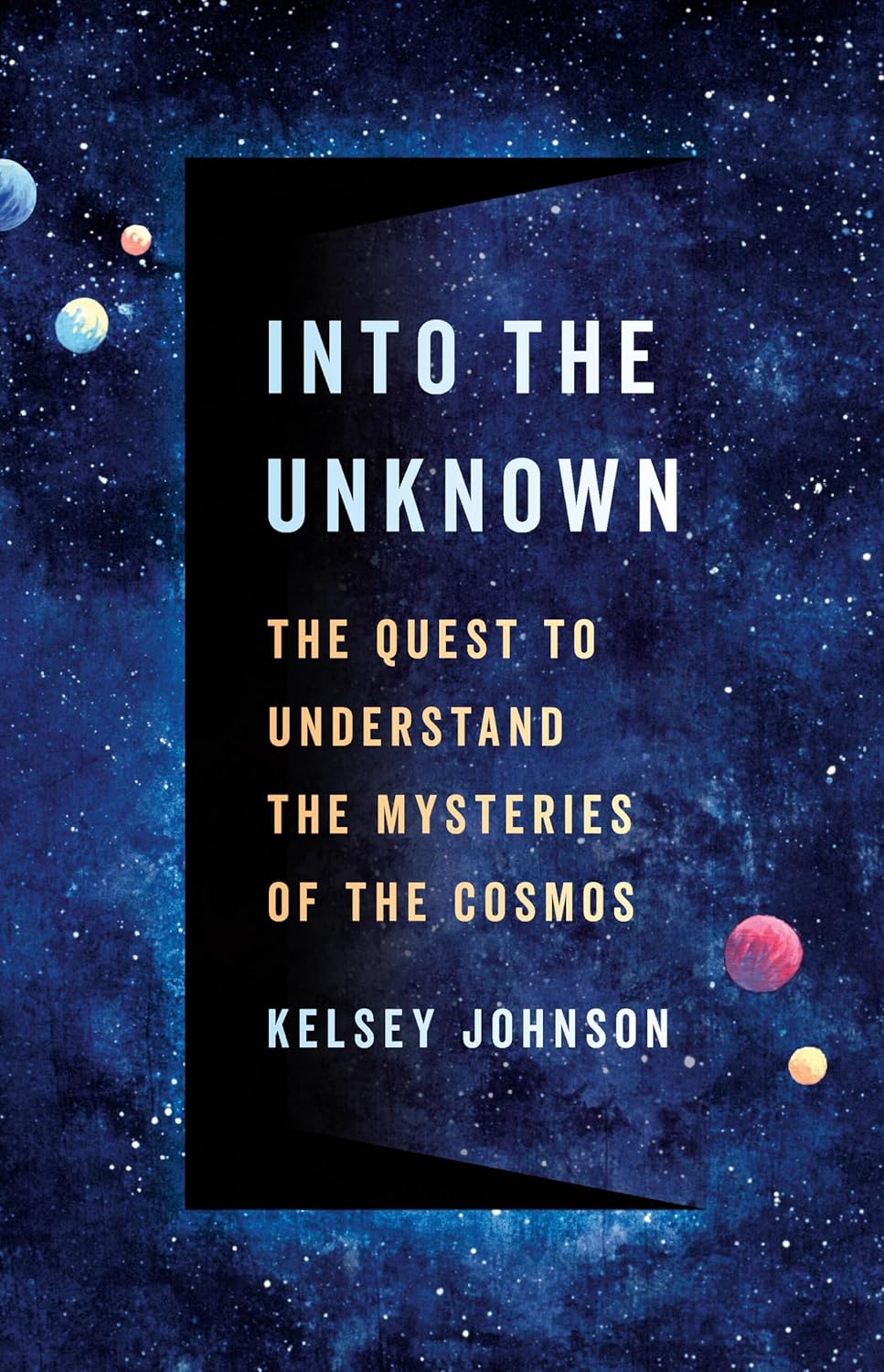 Into The Unknown (starts at 9:05) What do we know about the universe, and how do we know we know it? Conversely, what do we know we don’t know, what don’t we know that we don’t know, and why not?
Into The Unknown (starts at 9:05) What do we know about the universe, and how do we know we know it? Conversely, what do we know we don’t know, what don’t we know that we don’t know, and why not?
To help us unravel these age-old philosophical questions in the context of current science, our guest is Dr. Kelsey Johnson, who received her PhD in astrophysics from the University of Colorado. Dr. Johnson is a Professor in the Department of Astronomy at the University of Virginia, and the former president of the American Astronomical Society. She is the founder of the Dark Skies, Bright Kids program, and wrote the children’s book Constellations for Kids. Her most recent book is Into The Unknown: The Quest to Understand the Mysteries of the Cosmos. In this episode, Dr. Johnson takes us into that unknown, and talks about what we know, what we might know, and what we might never know.
Part 1 of this interview is available here.
We begin this show with some pre-Halloween spooky science news.
Host: Joel Parker
Show Producer/Engineer: Joel Parker
Executive Producer: Susan Moran
Additional contributions:Benita Lee, Jack Armstrong, Shelley Schlender
Listen to the show:
Podcast: Play in new window | Download (Duration: 26:45 — 36.7MB)
Subscribe: RSS



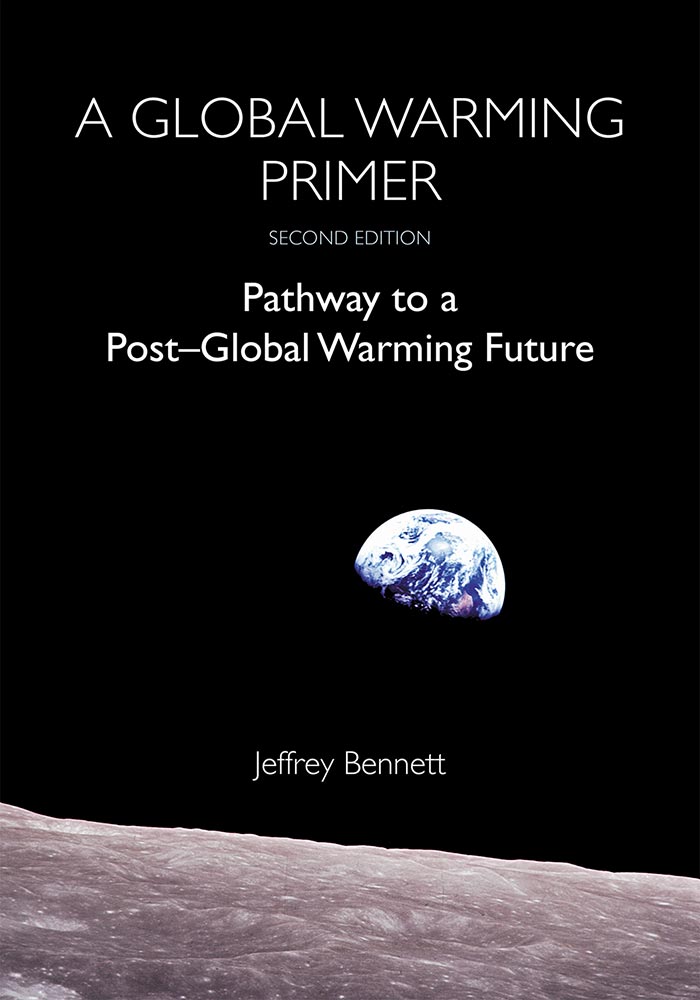 Climate change. Astronomy. A canine astronaut.
Climate change. Astronomy. A canine astronaut. 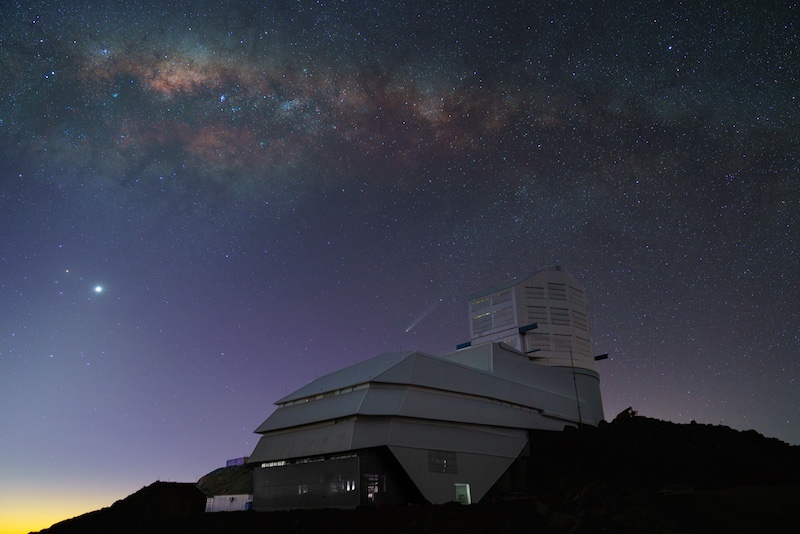 The history of astronomy has many stories of trying to understand our universe, and those stories are connected by a common thread: looking at the sky, whether with our eyes or with increasingly powerful telescopes. The newest entry in this telescopic journey is the
The history of astronomy has many stories of trying to understand our universe, and those stories are connected by a common thread: looking at the sky, whether with our eyes or with increasingly powerful telescopes. The newest entry in this telescopic journey is the  We feature an interview with astronomer and author
We feature an interview with astronomer and author 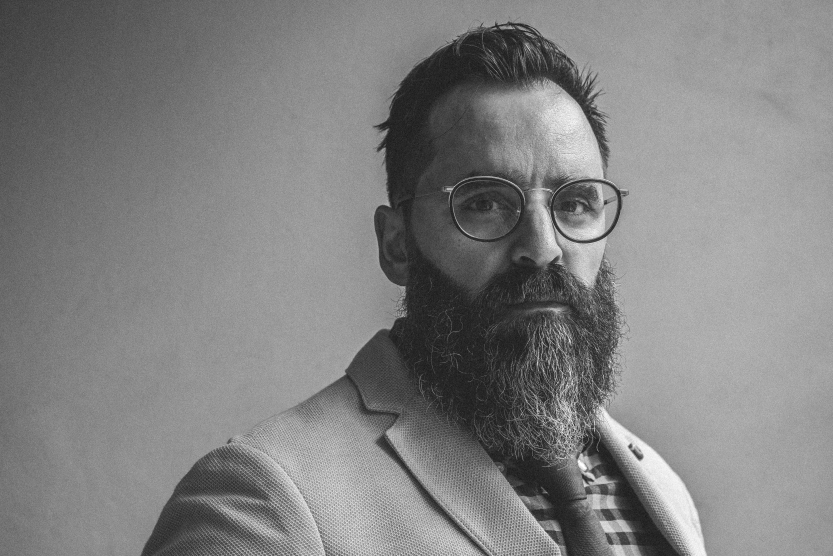
 We talk with
We talk with 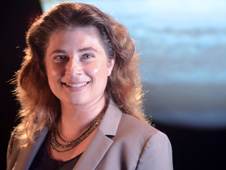
 This special edition of How on Earth is produced in conjunction with the
This special edition of How on Earth is produced in conjunction with the 